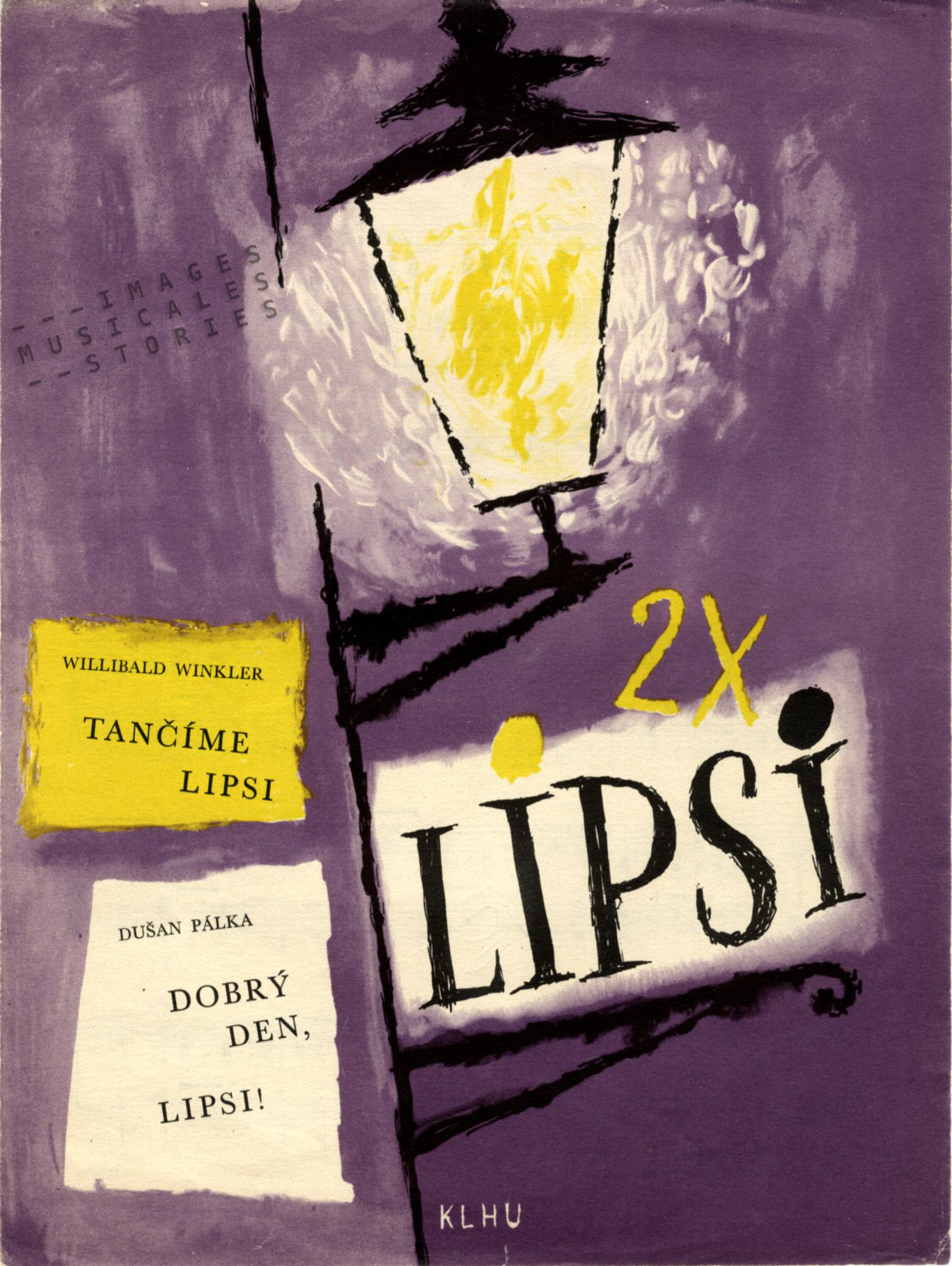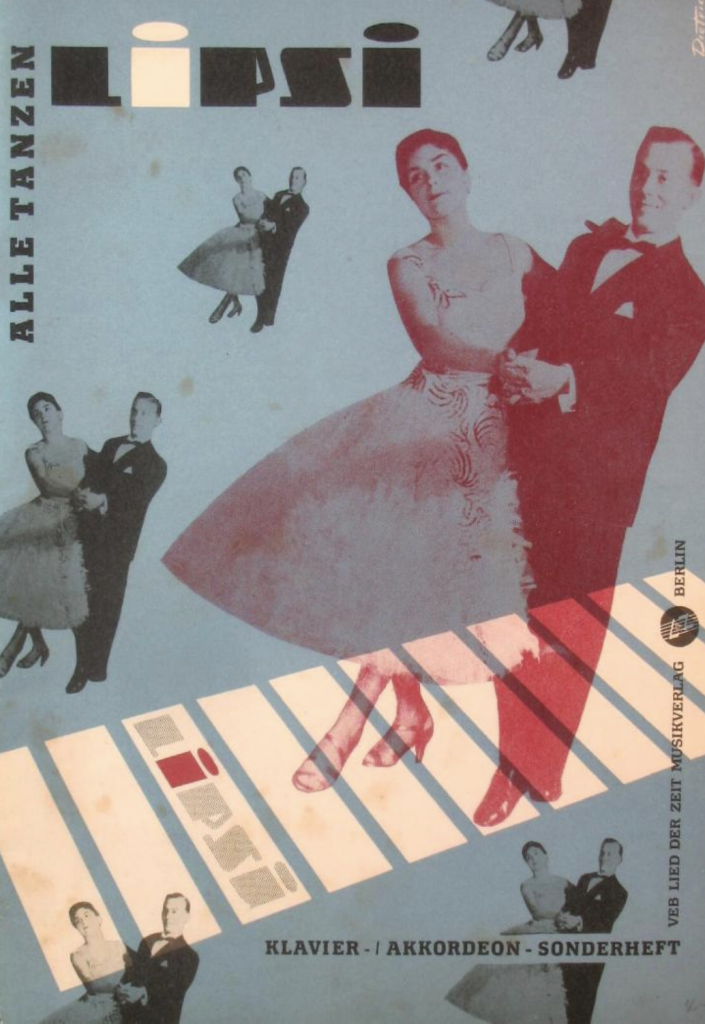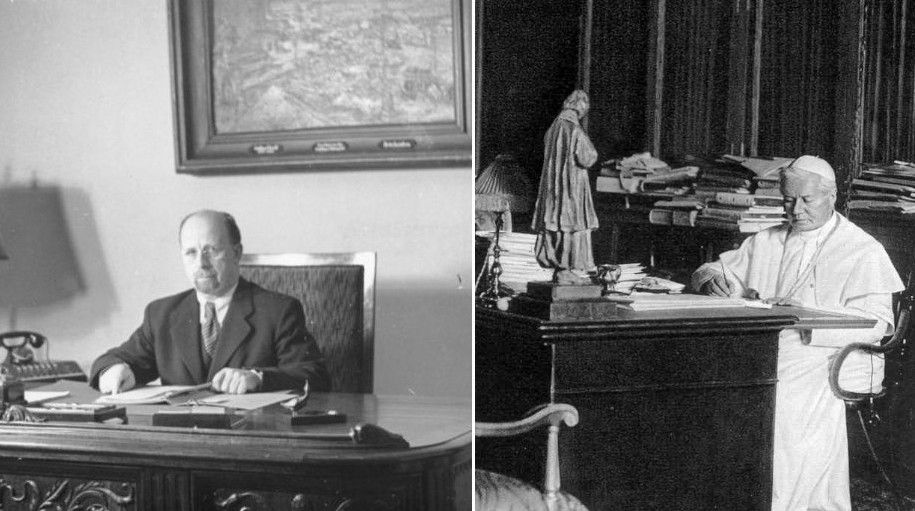
The Lipsi wasn’t just another Fifties dance craze. It was a political statement, not by unruly teenagers but by the 66-year-old leader of post-World War II East Germany, Walter Ulbricht. The promotion of the Lipsi as a youthful dance was a cramped attempt from the communist regime to restrict the influence of Western music. Ulbricht abhorred gangs of youths who glorified rock ’n’ roll and wanted to swing wildly.

In 1959, just two years before he would build the Berlin wall, Ulbricht declared that in order to counter Western excesses “It is not enough to condemn capitalist decadence in words, to battle against pulp literature and bourgeois habits and to criticise ‘hot music’ and the ‘ecstatic songs’ of a Presley. No, we have to offer a better alternative.”
It was orchestra leader and composer René Dubianski who came up with that politically correct alternative by merging a Latin-American cha-cha-cha with a German waltz. The dance teachers Christa and Helmut Seifert created suitable and easy steps so that everyone could follow them. They named the dance by adapting the Latin name for Leipzig: Lipsia.
Ulbricht hoped that the Lipsi would not only put an end to the supposed western decadence but also would become an international success. That’s why the regime strongly promoted the new dance and —anticipating a huge success— even patented it worldwide. Eine tolle Idee!
In an attempt to appeal to the German youngsters the DDR authorities produced an animated promotion of the Lipsi. In it the American Mister Brown, upon his return from the Leipzig Fair, enthusiastically started to teach young people in the US how to dance the Lipsi.
In reality, however the Lipsi did not catch on among the youth. Also in other Soviet-sphere countries like Estonia and Czechoslovakia it did not achieve its purpose. Possibly only the apparatchiks and the Politburo danced the Lipsi with enthusiasm.
A parallel story of an old, male world leader trying to stop the youthful urge for liberty, happened 45 years earlier, when pope Pius X failed to launch the Furlana as a safe but boring alternative to the tango.

To illustrate the fierceness of the attacks against Western music in general and Elvis Presley in particular, here is a quote from Junge Welt, the official newspaper of the Central Council of the communist youth organisation: “His ‘singing’ resembled his face: stupid, dull and brutal. The boy was completely unmusical (… ) and roared like a shot deer, just not as melodiously.”
You bet…
